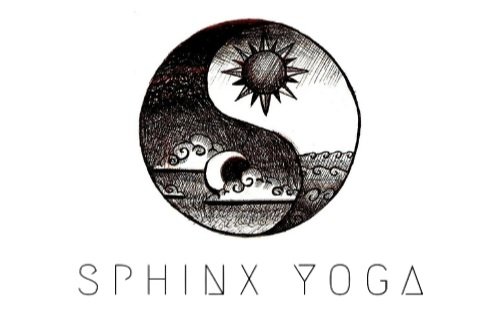Forgiveness
We’ve spent a few yoga sessions over the last couple of months exploring the idea of forgiveness. What is forgiveness? How do you forgive? When is the right time to forgive? What about forgiving yourself?
Forgiveness is understood differently depending on who you ask. It’s been a big theme in my personal life and comes up as a real sticky point in my work as a clinical psychologist, particularly when working with complex childhood trauma. For many, challenges with the term forgiveness are often tied up in the idea that to forgive somehow means to say what happened was okay. That to forgive means you need to forget.
There are some things that happen that are not okay no matter which way you look at them. There are some things we need to remember in order to ensure we cultivate healthy boundaries in the future. And trying to forget injustices, particularly those experienced as traumatic, is one of the key maintaining factors of experiences that pick up psychiatric diagnoses such as PTSD. Trying to forget things that hurt us often causes them to get bigger, and invites a host of self-criticism, “Why can’t I just get over it?”
So what is forgiveness? For me, forgiveness is not about condoning or forgetting what happened. It is about being compassionate and caring towards ourselves. Being clear about what was not okay in the situation. And then committing to being present with what is here now. Acknowledging what happened and where it left scars, but not feeding stories that keep us defined by victim or perpetrator roles. It is no longer being consumed by what happened, no longer allowing the past to define our present. And in this sense, it is something that can take a lot of time - and may require talking therapies - to work through. It is not something to be ‘earned’ or ‘deserved’. The right time for forgiveness is different for everyone and every situation. And for some – possibly those who define forgiveness in a different way from what I have suggested – forgiveness may never be on the cards. And that is okay! When forgiveness becomes about the other person, about being ready when we are not, about denial of what we are going through, it just fucks us up even more.
Seeing forgiveness through this lens has helped me to forgive myself. I have realised that waiting for or expecting people I have wronged to tell me they forgive me is misguided. Stepping into self-compassion, allowing my guilt to motivate changes (even if they are painfully slow or the mistakes seem to be on loop!), accepting that I am a flawed human but that saying “I have done something bad” is not the same as saying “I am bad”, giving myself permission not to be defined by past acts but by who I choose to be right now, all of this invites me a freedom. A freedom to forgive myself, however slow that might be, and reduce the burden on those I have hurt to forgive me. I remember only too well times in my life where a person who has wronged me has pressured and pushed me to give them forgiveness when I wasn’t ready – it didn’t serve either of us; in reality their work was on forgiving themselves – I couldn’t be the one to forgive them - and mine was on working through what happened so I could move forwards again without being eaten alive by my own head keeping me stuck there.
So what has this all got to do with yoga? Well if you’re seeking to live yoga, to dedicate yourself to being connected to life and seeing more clearly, then everything is to do with yoga! Particularly this murky inter- and intra-personal stuff. Your pranayama, asana and meditation practice can all support you to work with betrayal, finding the freedom to release the pain or at least see where you need further holding. The body keeps the score and we know that prolonged anger, resentment, trauma, pain, sorrow and shame can reduce our immune functioning and lead to all manner of physical ailments. Asana practice, particularly self-practice where we can listen to our body’s own wisdom, allows us to free up, explore, work with and literally move through tension. We can focus on building strength, flexibility, and spaciousness, rather than being consumed by pain and suffering. We can find refuge, joy, connection and safety in our own bodies. We can use vigorous pranayama to move through intense emotions, and calm, deep breath to switch on our soothing systems. Meditation gives us the opportunity to step into witness-observer, watching difficult self-stories come up but working to allow them to come and go with non-attachment, seeing them for what they are (it’s hard!). No need to judge them, feed them, or fight them. No longer keeping the past pains present by reliving them in the here and now (again, for many people therapy might be needed to unpack this).
Forgiveness, seen as breaking free from being defined by past events where we were victim or perpetrator - that is, changing our relationship to how we see ourselves (it’s not about the other after all) - is a form of self-compassion. It invites freedom. It invites a greater sense of grounding and safety. It does not deny our suffering or the wrongs that were done. It does not demand that we forget. It cannot be forced and takes time. But when it comes, it allows us to be here, now.
